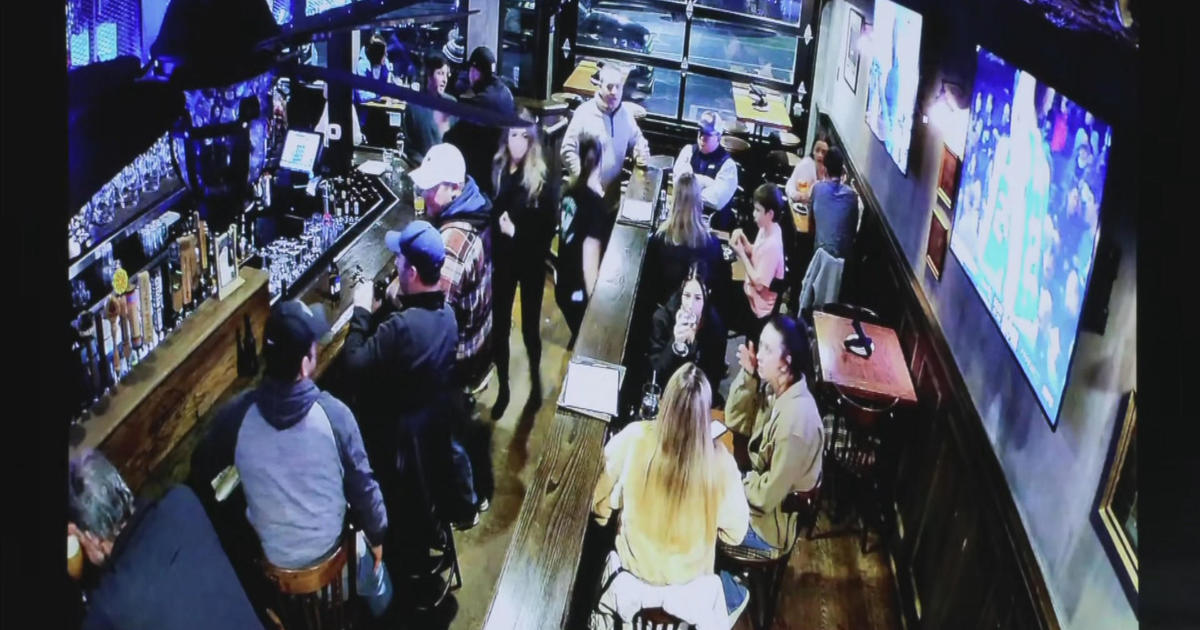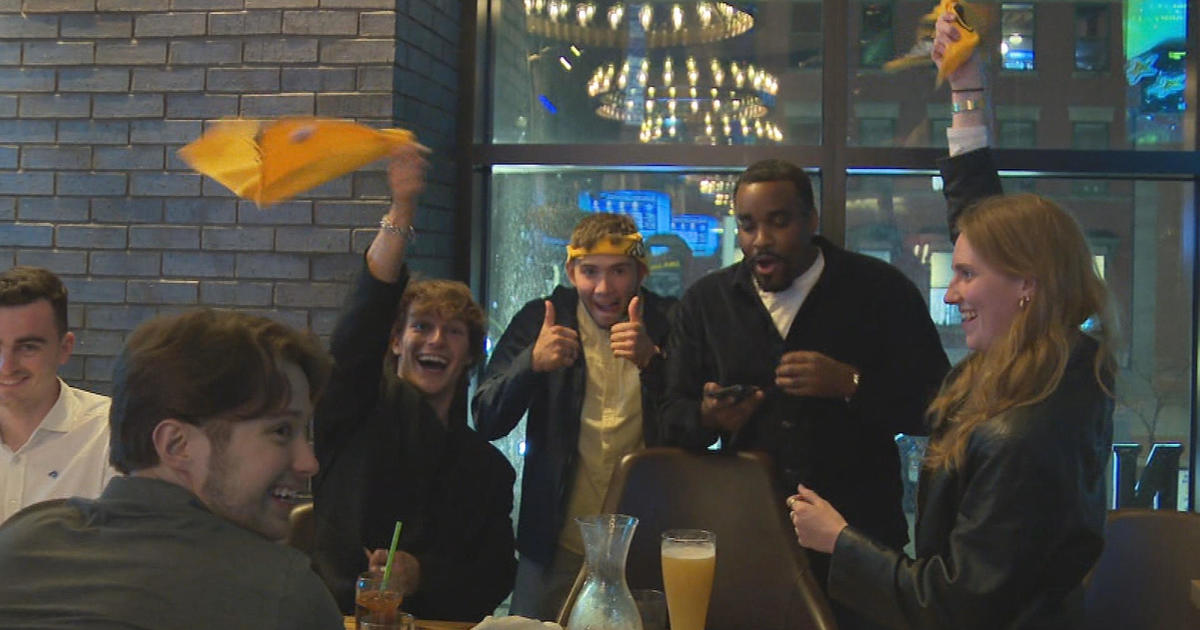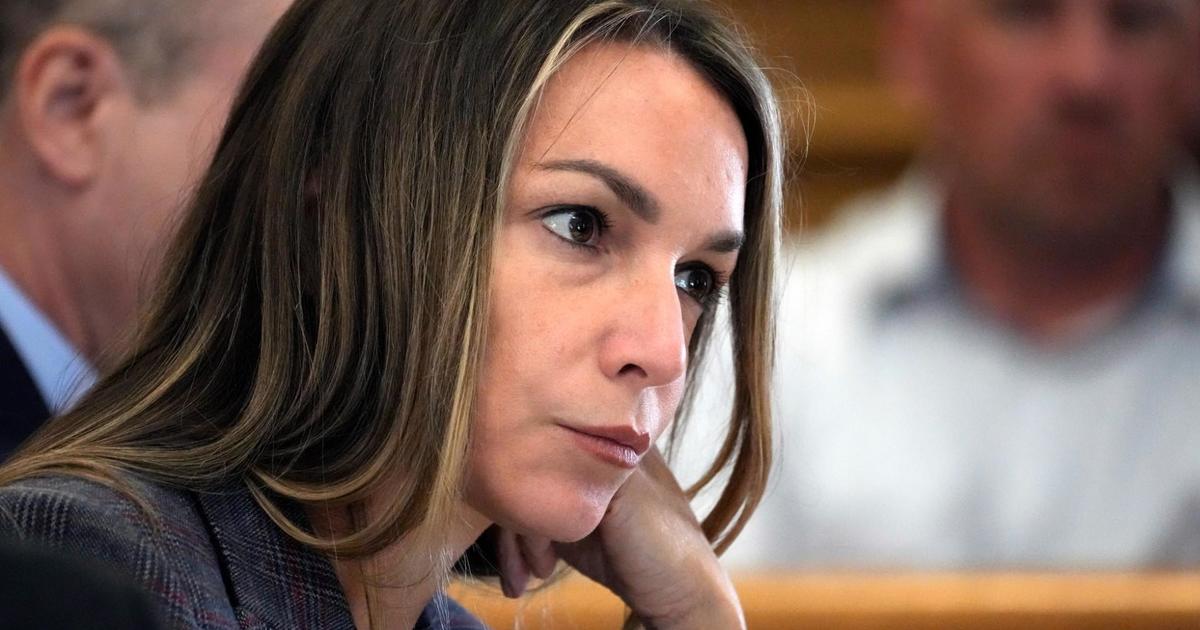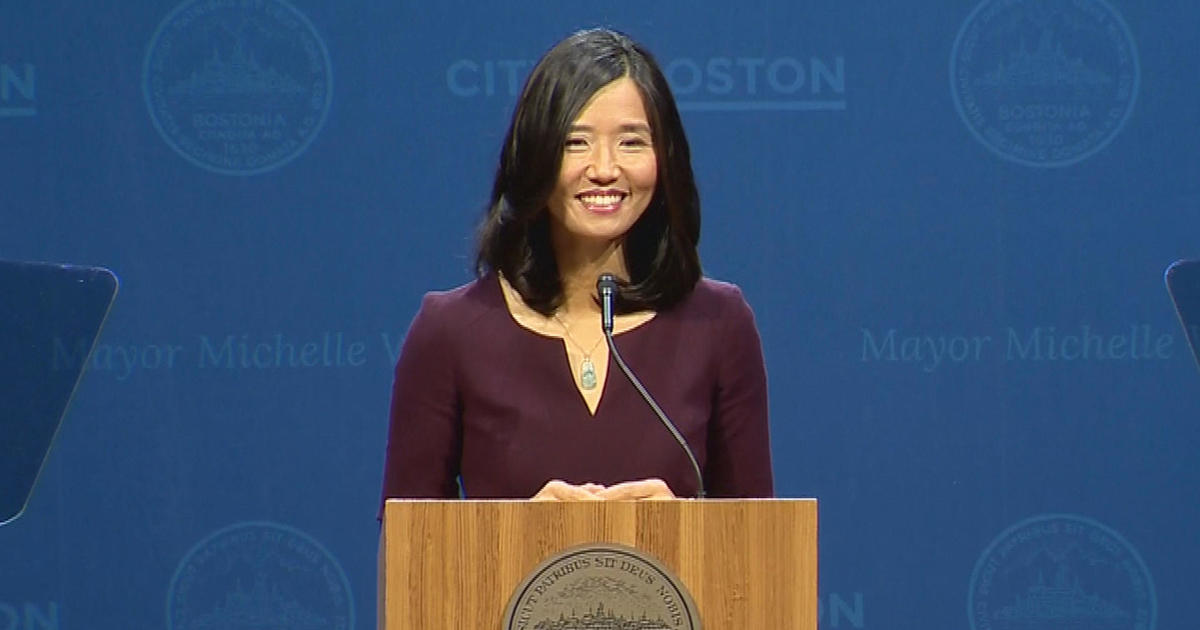What happens if you get a COVID booster too soon? Dr. Mallika Marshall answers your questions
BOSTON - Dr. Mallika Marshall is answering your medical questions. If you have a question, email her or message her on Facebook or Twitter.
Dr. Mallika is offering her best advice, but as always, consult your personal doctor before making any decisions about your personal health.
Our first question comes from Facebook. Susan writes, "I have high blood pressure and am taking amlodipine. I am going to be 70 years old next week, and I don't want to get dementia. What should I do?"
Susan is referring to a study I reported last week about the link between systolic blood pressure and a higher likelihood of dementia. So, Susan, if your blood pressure is under good control with diet, exercise and medication like amlodipine, you're doing everything you can to reduce your risk of dementia from uncontrolled hypertension. Other lifestyle changes you can make to reduce your risk include getting regular exercise, eating a healthy diet rich in good fats and fruits and vegetables, maintaining good social connections with friends and family, and engaging in mentally stimulating activities like taking a class or learning a new skill.
Maria asks on Facebook, "What happens if somebody accidentally receives two bivalent COVID booster shots two months apart?"
That shouldn't be a problem. It's recommended you get the COVID bivalent booster at least 4 months after the last regular booster to get the best immune response, but it shouldn't be harmful to get it sooner. And you don't need to get another COVID booster until health officials say it's time.
Jen on Facebook writes, "My son is 17 and tested positive for RSV. He was out of school for three weeks due to a bad cough. Please tell people that anyone can get sick from RSV, not just babies."
Yes, RSV tends to cause more severe symptoms in babies and older adults, but anyone can get sick from it. I'm pretty sure my mom had it a few weeks ago and got a pretty bad case of bronchitis. I just saw a young mother on Tuesday who caught it from her infant son, and she was also wheezing and pretty sick. So, while cases have dropped considerably in the past couple of months, it's still around and we all should be careful not to catch RSV, the flu, COVID-19 or other respiratory viruses that are circulating this winter. I'm so glad your son is doing better.




